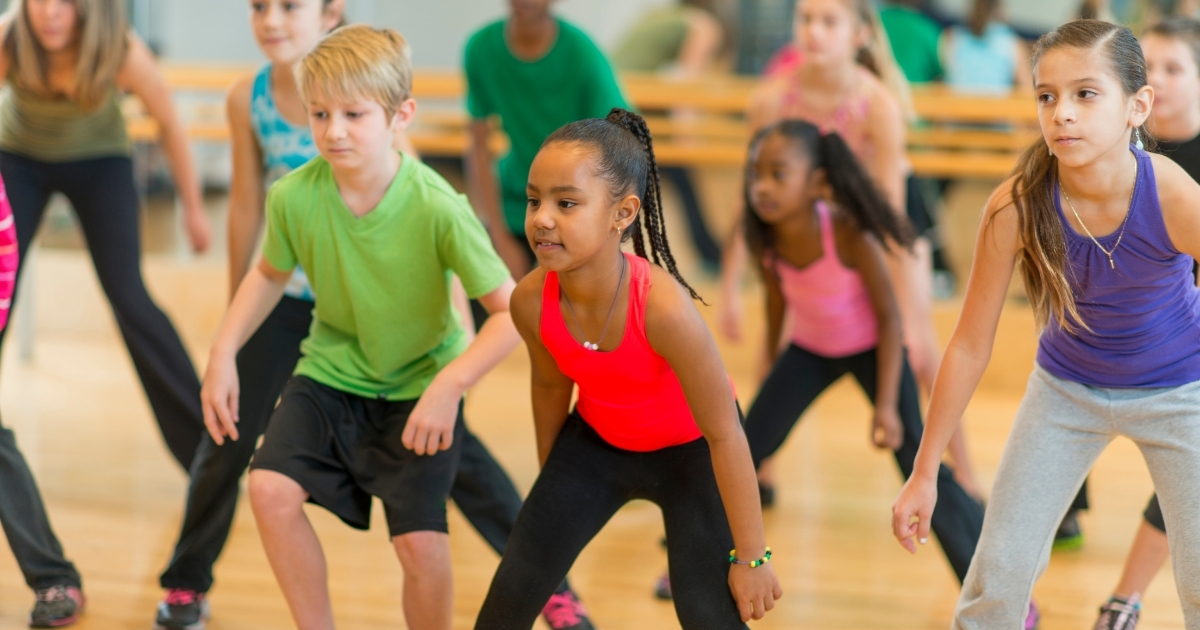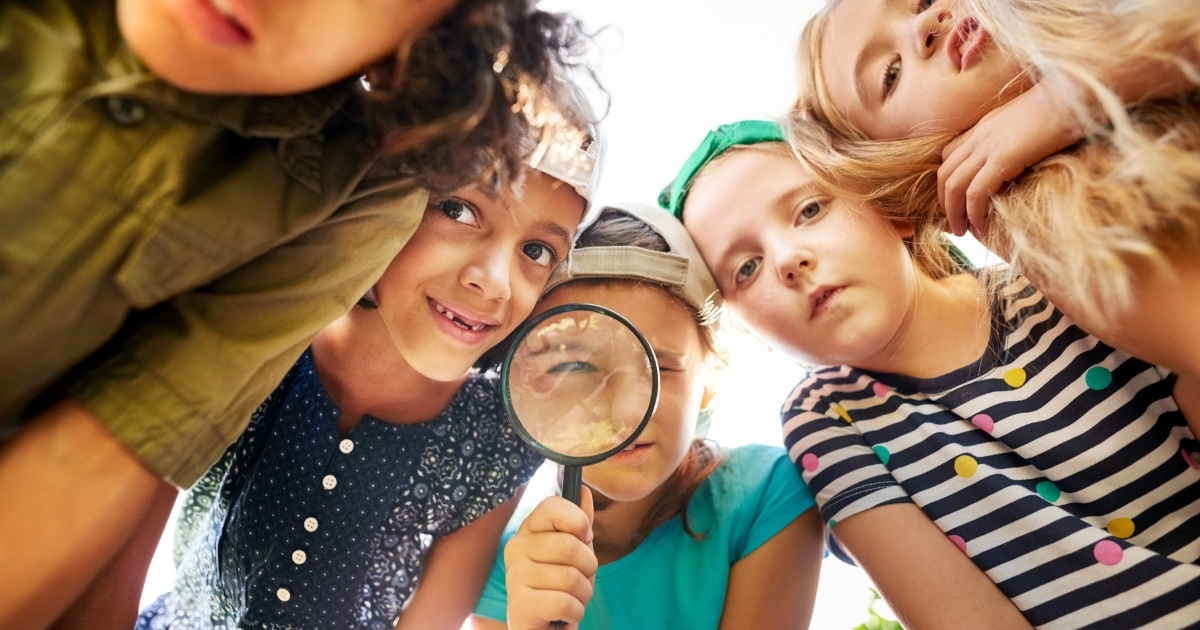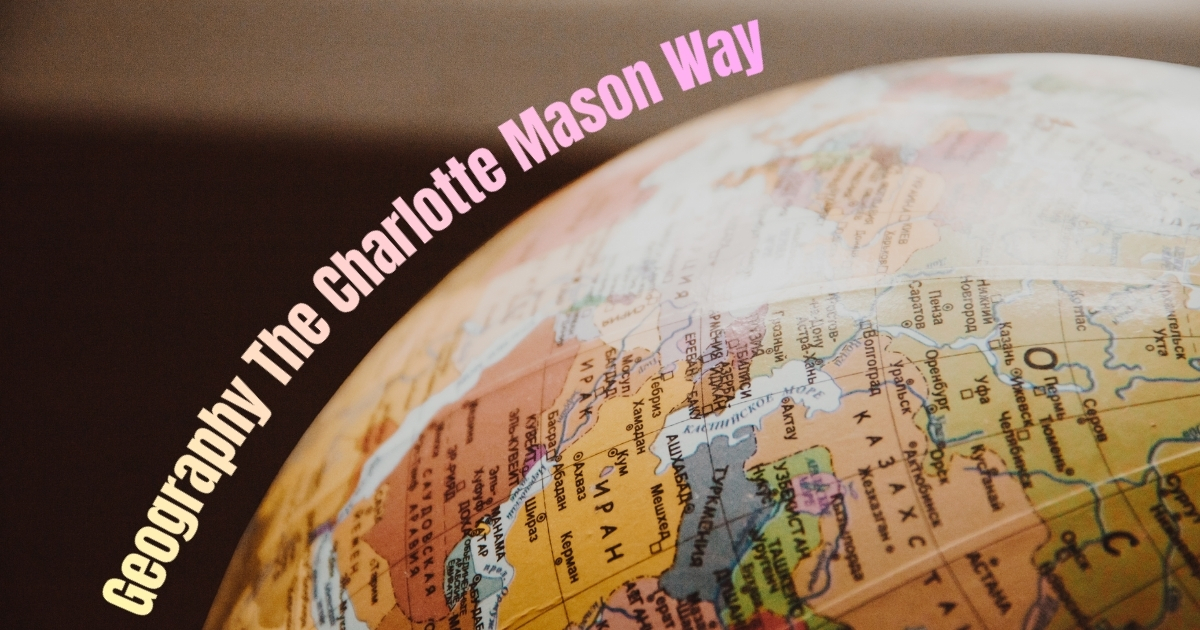When parents first consider homeschooling, one of the greatest concerns is often socialization. How will our children learn to interact with others? Will they miss out on opportunities to develop strong social skills? This worry intensifies when discussing unschooling, a more relaxed and child-led approach to education. Unlike traditional schooling, unschooling doesn’t follow a set curriculum or schedule, leaving parents to wonder if their unschooling children will lag behind their traditionally schooled peers in social development.
This blog post aims to address these concerns head-on. We’ll explore how unschooling provides ample opportunities for children to develop robust social skills. From community involvement to group activities and peer interactions, unschooling offers diverse and enriching experiences that can shape well-rounded, socially adept individuals. You’ll also find success stories and practical suggestions for creating social networks, such as joining homeschool co-ops, participating in local clubs, and leveraging online communities. Let’s break the mold of traditional school vs homeschool debates and see how unschooling can build strong social skills for homeschool children.
The Myth Of Isolation & Community Involvement In UnSchooling
One of the most persistent myths about unschooling is that it leads to isolation. The image of an unschooling child sitting alone at home, deprived of social interactions, is both misleading and inaccurate. In reality, unschooling often involves a rich tapestry of social experiences that go beyond what traditional schools can offer. Unschooling children interact with a wide range of age groups and diverse individuals, giving them a more varied social experience. For instance, while traditional school settings often segregate children by age, unschooling encourages interactions with people of all ages. This can include siblings, parents, neighbors, and community members, offering a broader social landscape. These interactions help unschooling children develop a wide range of social skills, from communicating effectively with adults to playing cooperatively with younger children. They learn to adapt their communication styles and behavior according to the social context, a skill that is invaluable in the real world.
Furthermore, unschooling allows children to engage in social activities that interest them, making socialization a natural and enjoyable part of their daily lives. Whether it’s joining a local sports team, attending community events, or participating in group hobbies, unschooling children have plenty of opportunities to socialize. This hands-on approach to socialization can often lead to deeper, more meaningful relationships compared to the often superficial interactions in a traditional school setting.
One of the cornerstones of unschooling is community involvement. Unlike traditional schools, which often limit community interaction, unschooling encourages children to become active members of their communities. This involvement not only builds strong social skills but also fosters a sense of belonging and responsibility. Community activities provide a myriad of opportunities for unschooling children to engage with others, learn new skills, and contribute meaningfully to society. For example, volunteering is an excellent way for unschooling children to develop social skills for homeschool children.
Whether it’s helping out at a local animal shelter, participating in a community garden, or assisting in neighborhood clean-up projects, volunteering teaches children the value of teamwork, empathy, and leadership. These experiences allow unschooling children to interact with a diverse group of people, enhancing their social skills in various contexts.
Local events and festivals also offer fantastic opportunities for socialization. By attending these events, unschooling children can meet new people, learn about different cultures, and participate in community traditions. These interactions help children develop a sense of cultural awareness and social responsibility. Additionally, participating in local clubs or groups, such as scouting organizations, 4-H clubs, or drama clubs, can provide structured social activities that help children build lasting friendships and develop specialized skills. In essence, community involvement is a powerful tool for socialization in unschooling. It provides a rich array of opportunities for unschooling children to interact with others, learn social norms, and develop a strong sense of community. These experiences are invaluable in building well-rounded individuals who are comfortable and confident in social settings.
Group Activities And Peer Interactions
While community involvement is crucial, group activities and peer interactions are equally important in developing social skills for homeschool children. Unschooling offers a flexible schedule that allows children to participate in a variety of group activities that interest them. These activities provide a platform for children to interact with their peers, learn to work in teams and develop conflict-resolution skills. For instance, joining a homeschool co-op can be an excellent way for unschooling children to engage in group learning experiences.
Homeschool co-ops are essentially collaborative groups where families come together to share resources, teach classes, and organize social activities. These co-ops offer a structured environment where children can participate in group projects, attend classes, and engage in social activities with their peers. This not only enhances their academic learning but also provides ample opportunities for socialization.
Sports teams and extracurricular activities are another great avenue for peer interactions. Whether it’s soccer, dance, martial arts, or music lessons, participating in extracurricular activities allows unschooling children to develop teamwork, discipline, and social skills. These activities often require children to work together towards a common goal, teaching them the importance of cooperation, communication, and mutual respect. Furthermore, leveraging online communities can also provide valuable social interactions.
In today’s digital age, there are numerous online platforms and forums where unschooling children can connect with peers who share similar interests. These online communities offer a space for children to discuss topics they are passionate about, collaborate on projects, and build friendships. While online interactions should not replace face-to-face socialization, they can complement it by providing additional opportunities for connection and collaboration. In summary, group activities and peer interactions play a vital role in developing social skills in unschooling children. By participating in homeschool co-ops, extracurricular activities, and online communities, unschooling children can build strong social networks and develop the skills needed to thrive in social settings.
Practical Tips For Creating Social Networks
For parents new to unschooling, creating social networks for their children can seem daunting. However, with a little creativity and effort, it is entirely possible to build a rich and diverse social environment. Here are some practical tips to help you get started and enhance social skills for homeschool children.

First, consider joining a homeschool co-op. These collaborative groups offer structured social activities and learning experiences for children. Co-ops often organize classes, field trips, and social events, providing ample opportunities for children to interact with their peers. Participating in a co-op can help your child build lasting friendships and develop social skills in a supportive environment. Next, explore local clubs and groups that align with your child’s interests. Whether it’s a sports team, a dance class, a scouting organization, or a hobby club, these groups provide valuable social interactions. Encourage your child to participate in activities they are passionate about, as this will make socialization a natural and enjoyable part of their daily lives. These group activities foster teamwork, communication, and mutual respect, all of which are essential social skills. Additionally, leverage online communities to complement in-person socialization.
There are numerous online platforms and forums where unschooling children can connect with peers who share similar interests. These online communities offer a space for children to discuss topics they are passionate about, collaborate on projects, and build friendships. While online interactions should not replace face-to-face socialization, they can provide additional opportunities for connection and collaboration. Lastly, involve your child in community activities and volunteer work. Community involvement not only builds strong social skills but also fosters a sense of belonging and responsibility. Volunteering at local organizations, attending community events, and participating in neighborhood projects provide diverse social experiences. These activities allow children to interact with a wide range of people, learn social norms, and develop a strong sense of community.
By following these practical tips, you can create a rich and diverse social environment for your unschooling child. These social networks will help your child develop the social skills needed to thrive in various aspects of life.
A Unique Approach To Education
Unschooling offers a unique and enriching approach to education that extends far beyond the confines of traditional schools. While concerns about socialization are valid, they are often based on misconceptions. In reality, unschooling provides ample opportunities for children to develop robust social skills through community involvement, group activities, and peer interactions. Success stories and practical tips further illustrate how unschooling can lead to well-rounded, socially adept individuals. By breaking the mold of traditional school vs homeschool debates, we can see that unschooling can build strong social skills for homeschool children. The diverse and enriching experiences offered by unschooling prepare children to thrive in various social settings, enhancing their overall development. If you’re considering unschooling, rest assured that your child will have plenty of opportunities to build strong social skills and form meaningful connections.
For further resources and support, consider joining online communities and local homeschool co-ops. These networks provide valuable insights, practical advice, and opportunities for social interactions. Remember, the key to successful unschooling is to create a rich and diverse social environment that fosters growth, learning, and connection. Start your unschooling journey today and watch your child flourish in both academic and social settings. The possibilities are endless, and the rewards are immeasurable.



